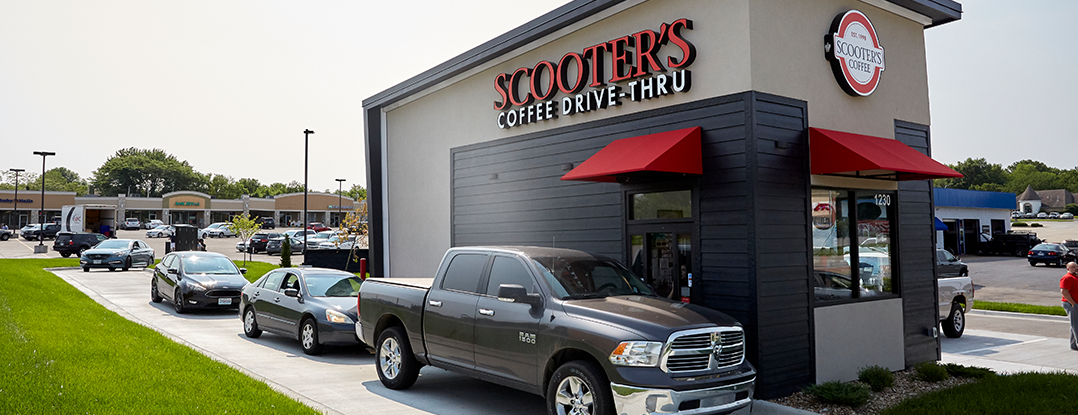How to Become a Franchise Owner in 9 Steps: A Complete Guide
Investing in a franchise is a key way to start or expand your business portfolio. Reputable franchises provide a proven business model, ongoing support, and name recognition to give their franchisees a head start in building their business. But how does buying a franchise work? What steps do you need to take to become a franchisee? We break down the process for you in our comprehensive guide.
Franchising at a Glance
You’re ready to become a franchise owner, but you wonder how does buying a franchise work? In short, there are two parties involved in a franchise agreement: the franchisor and the franchisee. The franchisor, a company seeking to expand, grants the rights to use its brand to potential business partners, known as franchisees. As part of the agreement, the franchisee pays an initial fee and ongoing royalties in exchange for support and training from the franchisor.
With so many strong franchise opportunities available, it can be difficult to know how to pick the right one for you. Part of learning how to become a franchise owner includes understanding what to look for to ensure the brand aligns with your business goals and preferred lifestyle.
How to Become a Franchise Owner
Embracing entrepreneurship through franchising can be incredibly rewarding. Outlined below are nine essential steps on how to choose a franchise and become a thriving franchise owner.
- Self-assessment: The first thing you must do when learning how to become a franchise owner is to conduct a self-assessment. Consider your experience, skills, interests, and long-term goals. Understanding your strengths and areas of improvement will help you choose a franchise that suits your background and objectives. During this step, you’ll need to assess your financial position so you can determine your investment budget.
- Research franchise opportunities: Start researching franchise brands that match your interests, skillset, and financial capabilities. Consider different industries, business models, and brand reputations. Look at online reviews to learn how the public perceives each franchise you’re studying. Utilize resources such as franchise directories and industry reports to identify options that fit your criteria.
- Review the franchise disclosure document (FDD): The FDD is an important document each franchisor must share with you during the franchise discovery process. The FDD details information such as the franchise’s background, leadership team, operations, fees, and legal obligations. Pay close attention to sections regarding financial performance and franchisee obligations. Have a lawyer look over the FDD to clarify any items for you.
- Perform due diligence: Meet with current franchisees to get their take on what it’s like to run the business. Compile a list of questions ahead of your meetings and be sure to ask the same ones during all your conversations. This will make comparing answers much easier. Additionally, consult with legal and financial advisors to help you understand the franchise agreement and ensure that your investment aligns with your goals and risk tolerance.
- Acquire capital: Every business needs funding. Fortunately, there are many financing avenues to explore. Securing SBA or bank loans, using crowdfunding, borrowing from family and friends, or dipping into your savings are all viable options. An advantage to partnering with a franchise is banks are typically more willing to offer loans to franchisees. Since you’ll be following a proven business blueprint, lenders see your venture as lower risk.
- Sign the agreement: The franchise agreement is a legally binding document that solidifies your partnership with the franchisor. It’s important to note that franchisees must take the required seven-day period to review the agreement before signing. During that time, make sure all your information is correct.
- Build your franchise: It’s time to get to work! You’ll start by finding the right location to build your business. Your franchisor should have the resources to help you secure the best site. You’ll also need to recruit and train your staff, preparing them for your grand opening. Again, your franchisor should provide comprehensive training for you and your team.
- Launch your business: You’re ready to start your business! Using your franchisor’s operational systems and training, you can focus on providing exceptional customer service. Consider hosting a grand opening event and invite community members to check out your location and services.
- Assess feedback: Becoming a strong franchise owner doesn’t stop once the doors open. Be receptive to customer and employee feedback. If someone has an idea about how to make processes smoother or the customer experience better, take it into consideration. Speak with your franchise business consultant on ways to incorporate any suggestions you’ve received.
Franchise with Scooter’s Coffee®
Ready to learn how to become a franchise owner? Look no further than Scooter’s Coffee! With almost 800 locations nationwide, our business model is proven to thrive ―no matter the market. In fact, our drive-thru franchise concept has seen success in rural, suburban, and metro areas.
Estimated startup costs to own a Scooter’s Coffee range from $894,500 to $1,393,000, which includes our initial franchise fee of $40,000. Interested franchise candidates should have a minimum net worth of $500,000 and at least $250,000 in liquid capital to qualify. At Scooter’s Coffee, we have established partnerships with multiple lenders. We can help you determine which financing options are best and connect you with the appropriate lending partners.
To learn more about our coffee franchise opportunity, request information today, and a member of our franchise development team will be in touch.

